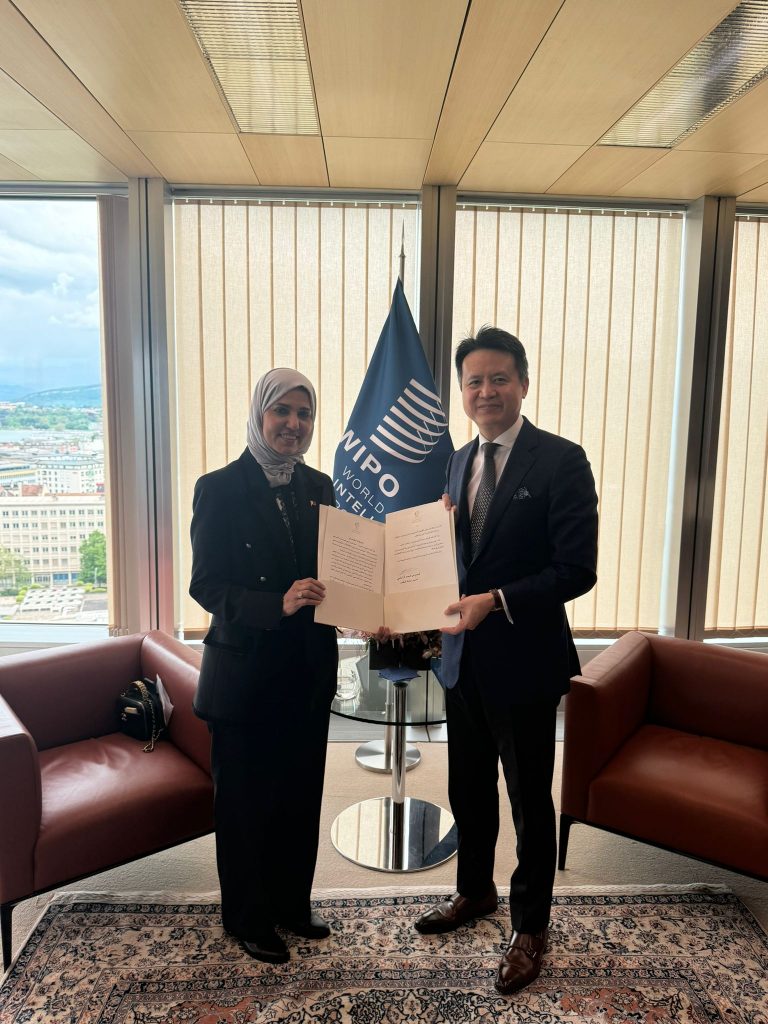The amount of food wasted is estimated at 1.3 billion tons per year, which is four times the amount required to tackle the global famine crisis.Annual food waste in rich countries is about 220 million tons, almost the equivalent of the total food production in sub-Saharan Africa.25% of food is wasted throughout the holy month of RamadanThe amount of food wasted in the Near East and North Africa (the majority of Arab countries) is estimated at 250 kg per person per year.The Ministry presented guidelines to reduce food waste.
The Ministry of Economy and Commerce has offered a number of tips and guidelines to reduce food waste, one of the most important economic and social challenges around the world. The causes of food waste vary from one country to another but depend largely on local conditions. Food waste could be related to crop production, infrastructure, supply chains, distribution channels and consumer purchasing practices.
These tips come within the framework of the Ministry’s awareness campaigns throughout the month of Ramadan under the theme “Aqal_Min_Al_Wajeb,” the Arabic for #The_Least_We_Can_Do”. The initiatives aim to promote awareness among consumers about their rights and duties and help them plan and make appropriate decisions throughout the holy month.
What is food waste?
The ministry defined wasted food as either food destroyed or disposed before being consumed or food unsuitable for human consumption at various levels of the food supply chain from production to household consumption.
The Ministry also highlighted the importance of avoiding waste and efficient food consumption from an Islamic perspective.
كما ورد في قوله تعالى ( وَآتِ ذَا الْقُرْبَىٰ حَقَّهُ وَالْمِسْكِينَ وَابْنَ السَّبِيلِ وَلَا تُبَذِّرْ تَبْذِيرًا (26) إِنَّ الْمُبَذِّرِينَ كَانُوا إِخْوَانَ الشَّيَاطِينِ ۖ وَكَانَ الشَّيْطَانُ لِرَبِّهِ كَفُورًا (27) ، (سورة الاسراء ) وكما أوصى الرسول الكريم عليه الصلاة والسلام بعدم الإسراف أو التبذير أو هدر النعم، حيث قال في الحديث الشريف “لا تسرف في الماء ولو كنت على نهرٍ جارٍ” رواه الإمام أحمد وابن ماجة.
The ministry noted that waste from an economic perspective is evidence of inefficiency in spending, which results in the loss of money that could have been saved or invested to stimulate the economy instead of being squandered on surplus consumption that results in additional costs.
Food waste from a social perspective, on the other hand, is reflected in the exaggerated display of food quantities when dining in addition to unnecessary spending on food products for the purpose of showing off.
The Ministry said that about 1 billion people suffer from famine around the world, according to the Food and Agriculture Organization of the United Nations (FAO) while an estimated 1.3 billion tons of food worth more than one trillion dollars is wasted per year, which is the equivalent of four times the amount needed to tackle the global famine crisis.
The Ministry added that annual food waste in rich countries is about 220 million tons, almost the equivalent of the total food production in sub-Saharan Africa. In other words, a reduction of 30% in food waste across rich countries could solve food shortage in sub-Saharan Africa.
Meanwhile, food waste in the Near East and North Africa (the majority of Arab countries) is estimated at 250 kg per person per year while it is estimated at 115 kg per person in European and north African countries.
According to EcoMENA, 25% of food is wasted throughout the holy month of Ramadan.
Procedures and proposals to reduce food waste
The Ministry proposed a series of measures to reduce food waste, highlighting the negative repercussions of wrong consumption practices and squandering money and the importance of healthy eating habits.
حيث قال صلى الله عليه وسلم:” ما ملأ وعاء شرا من بطن، بحسب ابن آدم أكلات يقمن صلبه، فإن كان لا محالة، فثلث لطعامه وثلث لشرابه، وثلث لنفسه”، (رواه الامام أحمد والترمذي والنسائي وابن ماجه)
Preventive measures to reduce food waste
The ministry called on consumers to take some precautionary measures to reduce food waste, such as planning and committing to a weekly or monthly food budget in addition to purchasing less food when shopping. The Ministry noted that some food products expire before being consumed, urging consumers to regularly check their products’ expiry date. The Ministry also noted that improper food storage affects the expiry period.
The Ministry said consumers should estimate the quantity of food consumed per person to reduce waste and avoid the preparation of large food quantities, noting that the amount of meals prepared should correspond to the number of people.
قال الله تعالى :” يَا بَنِي آدَمَ خُذُواْ زِينَتَكُمْ عِندَ كُلِّ مَسْجِدٍ وَكُلُواْ وَاشْرَبُواْ وَلاَ تُسْرِفُواْ إِنَّهُ لاَ يُحِبُّ الْمُسْرِفِينَ ” سورة الأعراف (31)
Proposals to reduce and solve the challenge of food waste
The ministry has made proposals to reduce food waste such as the reuse of food. For instance, old lemons can be used to clean refrigerators while food leftovers can be recycled into fertilizers. Leftovers can be also packed in clean and neat dishes and distributed to the poor.
These tips come within the framework of the Ministry’s efforts to educate the community on various aspects of life and help them make appropriate decisions.
Ministry of Economy and Commerce offers tips to reduce food waste
June 05, 2017







